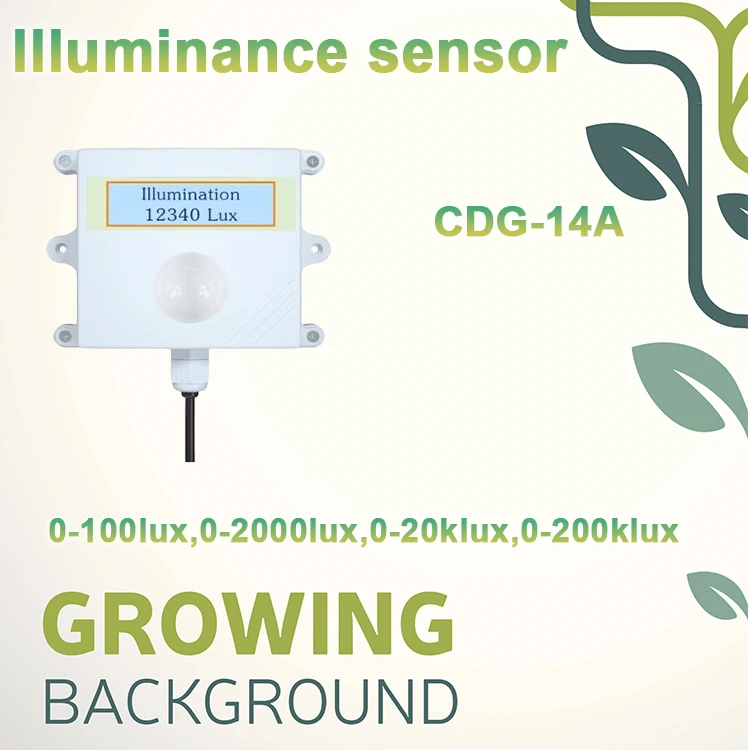Light Sensor: Definition and Applications

# Light Sensor: Definition and Applications
## What is a Light Sensor?
A light sensor is an electronic device that detects and measures the intensity of light in its surrounding environment. These sensors convert light energy into an electrical signal, which can then be interpreted by other electronic components or systems. Light sensors are commonly used in various applications, from simple automatic lighting systems to complex industrial automation processes.
## How Does a Light Sensor Work?
Light sensors typically work by utilizing photodetectors that respond to different wavelengths of light. The most common types include:
– Photoresistors (LDRs): Change resistance based on light intensity
– Photodiodes: Convert light into current or voltage
– Phototransistors: Similar to photodiodes but with amplification
– Ambient light sensors: Measure visible light similar to human eye perception
## Common Applications of Light Sensors
Light sensors have become ubiquitous in modern technology. Some of their most common applications include:
### 1. Automatic Lighting Systems
Many modern buildings use light sensors to automatically turn lights on when ambient light levels drop below a certain threshold, helping to conserve energy.
### 2. Smartphones and Tablets
Mobile devices use ambient light sensors to automatically adjust screen brightness based on surrounding light conditions, improving battery life and user experience.
### 3. Security Systems
Light sensors can trigger alarms or cameras when unexpected changes in light levels occur, such as when an intruder turns on lights in a dark building.
### 4. Agricultural Applications
Farmers use light sensors to monitor sunlight exposure for crops, helping to optimize growing conditions and irrigation schedules.
### 5. Automotive Systems
Modern vehicles incorporate light sensors for automatic headlight control, dashboard illumination adjustment, and even climate control systems.
## Future Developments in Light Sensing Technology
As technology advances, light sensors are becoming more sophisticated. Emerging applications include:
– Improved energy efficiency in smart buildings
– Enhanced biometric security systems
– Advanced environmental monitoring
– Integration with IoT devices for smarter home automation
The continued miniaturization and cost reduction of light sensors ensure they will play an increasingly important role in our daily lives and industrial applications.
Keyword: what is light sensor